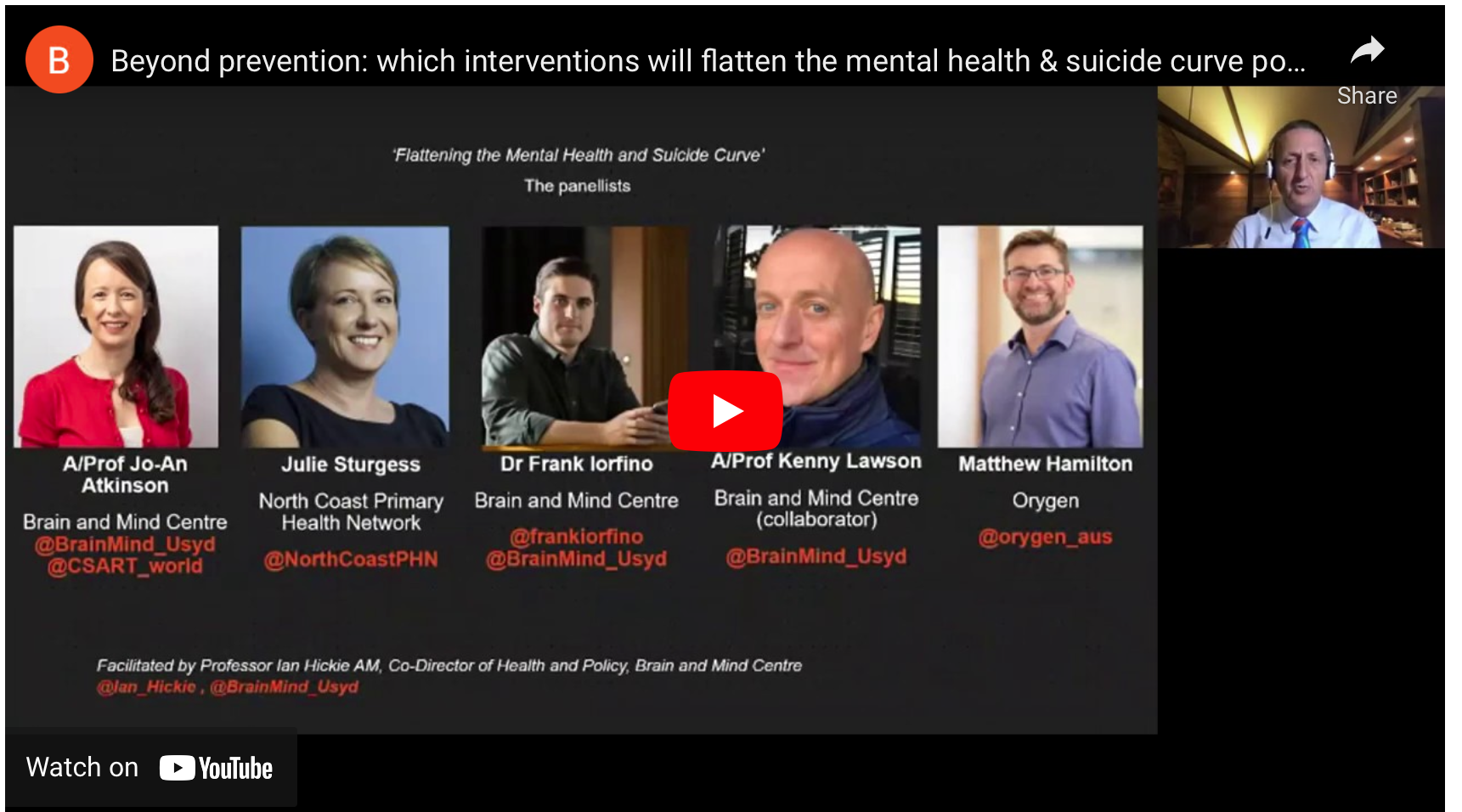Engaging Healthcare Staff and Stakeholders in Healthcare Simulation Modelling for Research Translation: A Systematic Review
Peer reviewed: Yes. Authors: Zabell, Thea Simone and Long, Katrina M and Scott, Debbie and Hope, Judith and McLoughlin, Ian and Enticott, Joanne. Publication: Frontiers in Health Services. Year: 2021 DOI: https://doi.org/10.3389/frhs.2021.644831 Method: A systematic review on simulation modelling studies with a health outcome which engaged stakeholders in model design. Message: There is a large gap in the current literature of formal evaluation of simulation modelling stakeholder engagement, and a lack of consensus about the processes required for effective simulation modelling stakeholder engagement.





